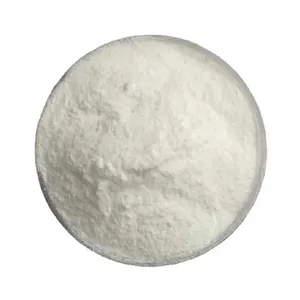Introduction to Inorganic Liquids
Inorganic liquids are essential compounds that occur naturally or can be synthetically produced. These liquids do not contain carbon-hydrogen bonds and are typically composed of minerals, metal ions, and other inorganic substances. They play a vital role across various industries, including pharmaceuticals, agriculture, manufacturing, and environmental science. Understanding the characteristics, types, and applications of inorganic liquids can enhance their usage in numerous industrial processes.
Types of Inorganic Liquids
Inorganic liquids can be categorized into several types based on their composition and applications:
- Acids: Highly reactive inorganic liquids such as hydrochloric acid, sulfuric acid, and nitric acid, commonly used in chemical reactions and industrial processes.
- Salts: Solutions derived from the dissolution of ionic compounds, like sodium chloride and potassium nitrate, used in agriculture and food preservation.
- Bases: Alkaline inorganic liquids including sodium hydroxide and potassium hydroxide, utilized in cleaning agents and industrial manufacturing.
- Mineral Oils: Derivatives of petroleum, frequently used as lubricants in machinery and as raw materials in chemical production.
Applications of Inorganic Liquids
The versatility of inorganic liquids makes them applicable in a variety of fields. Here are some common applications:
- Agriculture: Inorganic liquid fertilizers enhance soil nutrient content, promoting better crop yield and growth.
- Chemicals Manufacturing: Inorganic liquids serve as vital intermediates in producing various chemical compounds, affecting multiple industries.
- Pharmaceuticals: Used in the formulation of medications, inorganic liquids act as solvents or active ingredients.
- Water Treatment: Inorganic solutions are pivotal in purifying water, allowing for the removal of harmful toxins and impurities.
Features and Advantages of Inorganic Liquids
Inorganic liquids possess distinctive features that make them valuable industrial components:
- High Purity: Inorganic liquids can be synthesized with minimal impurities, ensuring consistent quality in operations.
- Stability: They generally exhibit a high degree of thermal and chemical stability, making them suitable for use under harsh industrial conditions.
- Versatility: They can be tailored to meet a wide range of chemical properties and functional requirements, thereby broadening their application scope.
- Economic Efficiency: Inorganic liquids are often more cost-effective compared to organic counterparts, leading to reduced operational costs in manufacturing.






















































